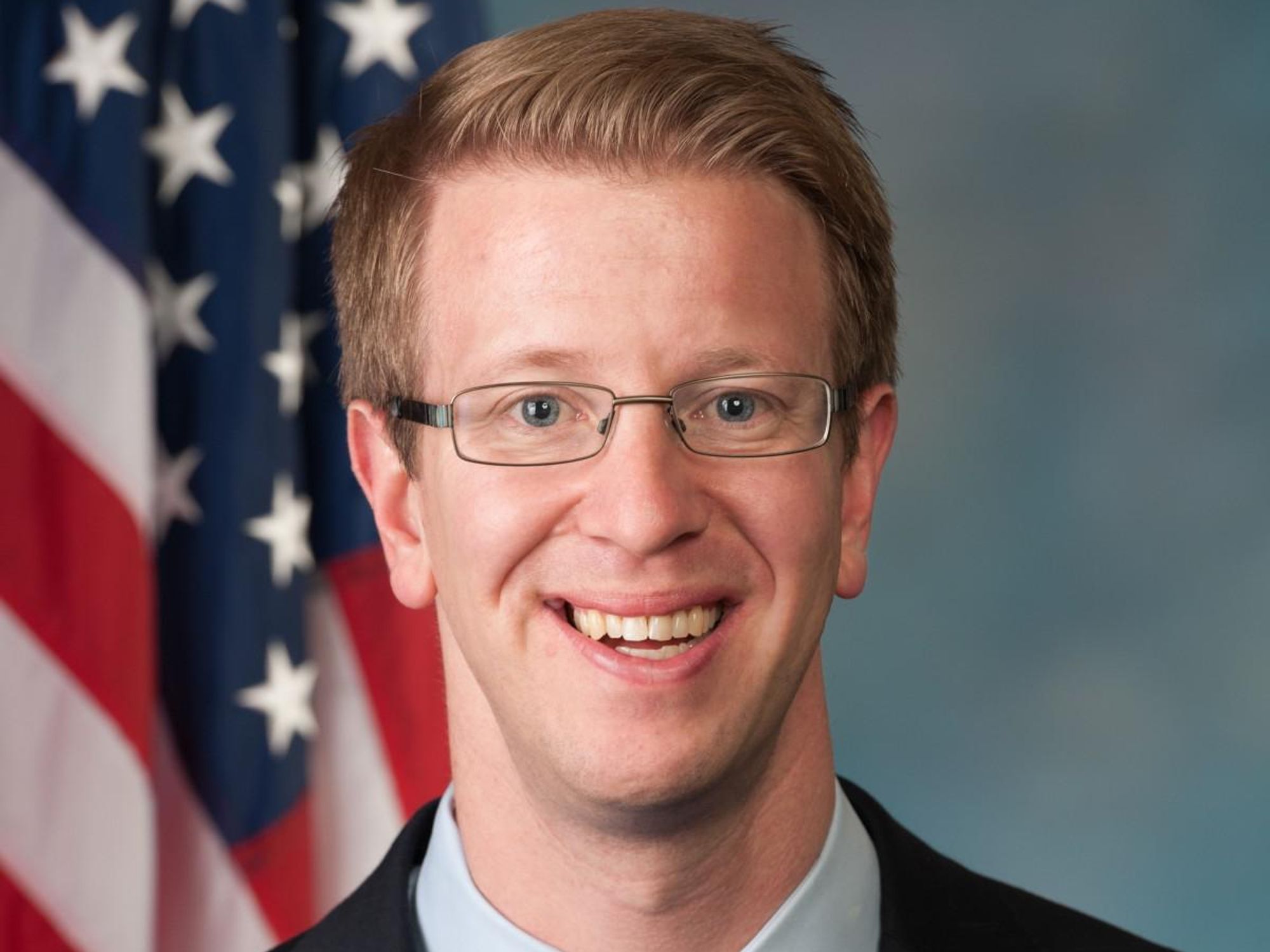Office Hours: Rep. Derek Kilmer on How Social Media Influences Politics
Spencer Rascoff serves as executive chairman of dot.LA. He is an entrepreneur and company leader who co-founded Zillow, Hotwire, dot.LA, Pacaso and Supernova, and who served as Zillow's CEO for a decade. During Spencer's time as CEO, Zillow won dozens of "best places to work" awards as it grew to over 4,500 employees, $3 billion in revenue, and $10 billion in market capitalization. Prior to Zillow, Spencer co-founded and was VP Corporate Development of Hotwire, which was sold to Expedia for $685 million in 2003. Through his startup studio and venture capital firm, 75 & Sunny, Spencer is an active angel investor in over 100 companies and is incubating several more.

U.S. House Rep. Derek Kilmer spoke with Office Hours host Spencer Rascoff to discuss the select committee on the modernization of Congress and how social media has changed the political landscape.
A former businessman, Kilmer has held the seat of Washington's sixth congressional district since 2013. He previously served as a member of the Washington House of Representatives and the Washington State Senate. Kilmer also chairs the select committee on the modernization of Congress, which features six Democrats and six Republicans and is charged with making Congress more effective and efficient. The committee does not limit speakers to five-minute speaking slots, which he said helps prevent people from making statements solely for soundbites intended for social media.
The potential to go viral has increased the reward for making inflammatory statements on social media. Kilmer likens the political landscape to a row boat; everyone should be rowing in the same direction. But currently, he said, about half of Congress row in one direction while the other half row the opposite way, and “about 10% of the people in the boat have their oars out of the water just actively beating the heck out of everybody else in the boat,” he added. “That's a problem that is unfortunately amplified and exacerbated by social media and cable news.”
One change Kilmer’s committee has recommended is introducing a physical space in the House where Democrats and Republicans can meet outside of media observation. While this exists in the Senate, he said the House currently lacks a neutral space where lawmakers can meet unobserved. Such a space, he said, would promote bipartisan cooperation and help facilitate dialogue between the parties.
“One of my key takeaways from having chaired this committee on trying to fix Congress is there's no silver bullet to making the institution work better for the American people,” Kilmer said. “I think it's more like silver buckshot—there's a whole bunch of stuff that we've got to do to modernize the institution to get it more focused on the needs of the American people.”
Want to hear more episodes? Subscribe to Office Hours on Stitcher, Apple Podcasts, Spotify, iHeart Radioor wherever you get your podcasts.
dot.LA Editorial Intern Kristin Snyder contributed to this post.
- Gaingels Co-Founder David Beatty: The Capitalist Case for DEI - dot.LA ›
- Thrive Market CEO Nick Green on Making Healthy Options Accessible - dot.LA ›
- Zoolatech’s Roman Kaplun on Running a Business In a War Zone - dot.LA ›
- SparkToro Co-Founder Rand Fishkin on ‘Chill’ Work - dot.LA ›
Spencer Rascoff serves as executive chairman of dot.LA. He is an entrepreneur and company leader who co-founded Zillow, Hotwire, dot.LA, Pacaso and Supernova, and who served as Zillow's CEO for a decade. During Spencer's time as CEO, Zillow won dozens of "best places to work" awards as it grew to over 4,500 employees, $3 billion in revenue, and $10 billion in market capitalization. Prior to Zillow, Spencer co-founded and was VP Corporate Development of Hotwire, which was sold to Expedia for $685 million in 2003. Through his startup studio and venture capital firm, 75 & Sunny, Spencer is an active angel investor in over 100 companies and is incubating several more.



 Image Source: Revel
Image Source: Revel
